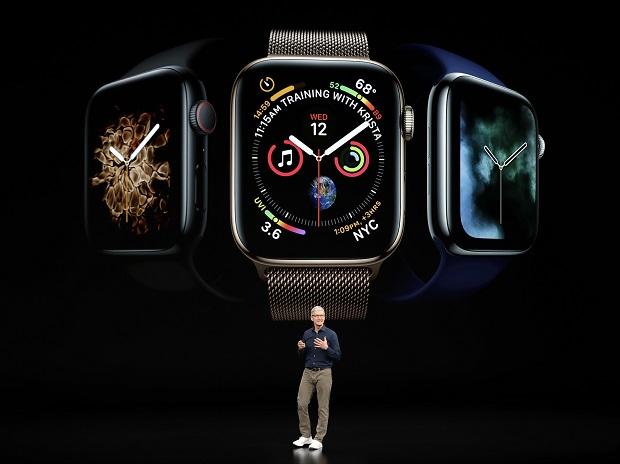Why supplements for brain health show no benefit: A neurologist explains

Americans and others around the world have turned increasingly to dietary supplements in order to maintain or preserve their brain health . A recent study found that a quarter of adults over 50 take a supplement for brain-related health. But that same study, done by experts convened by the AARP, suggests that seniors should spend their money elsewhere. The supplements don’t work. This is no small issue. Expenditures on non-vitamin brain health supplements such as such as minerals, herbal mixtures, nurtraceuticals or amino acids, have extended into the billions of dollars. This can amount to between US$20 and US$60 a month for seniors, a sizable sum that could be put toward other expenses, including fresh vegetables and fruit that actually do make a difference. As a neurologist who studies brain health and prevention of dementia, and who has been involved in research in memory and Alzheimer’s disease for my entire career, I can help explain what we do and don’t know about sup...
